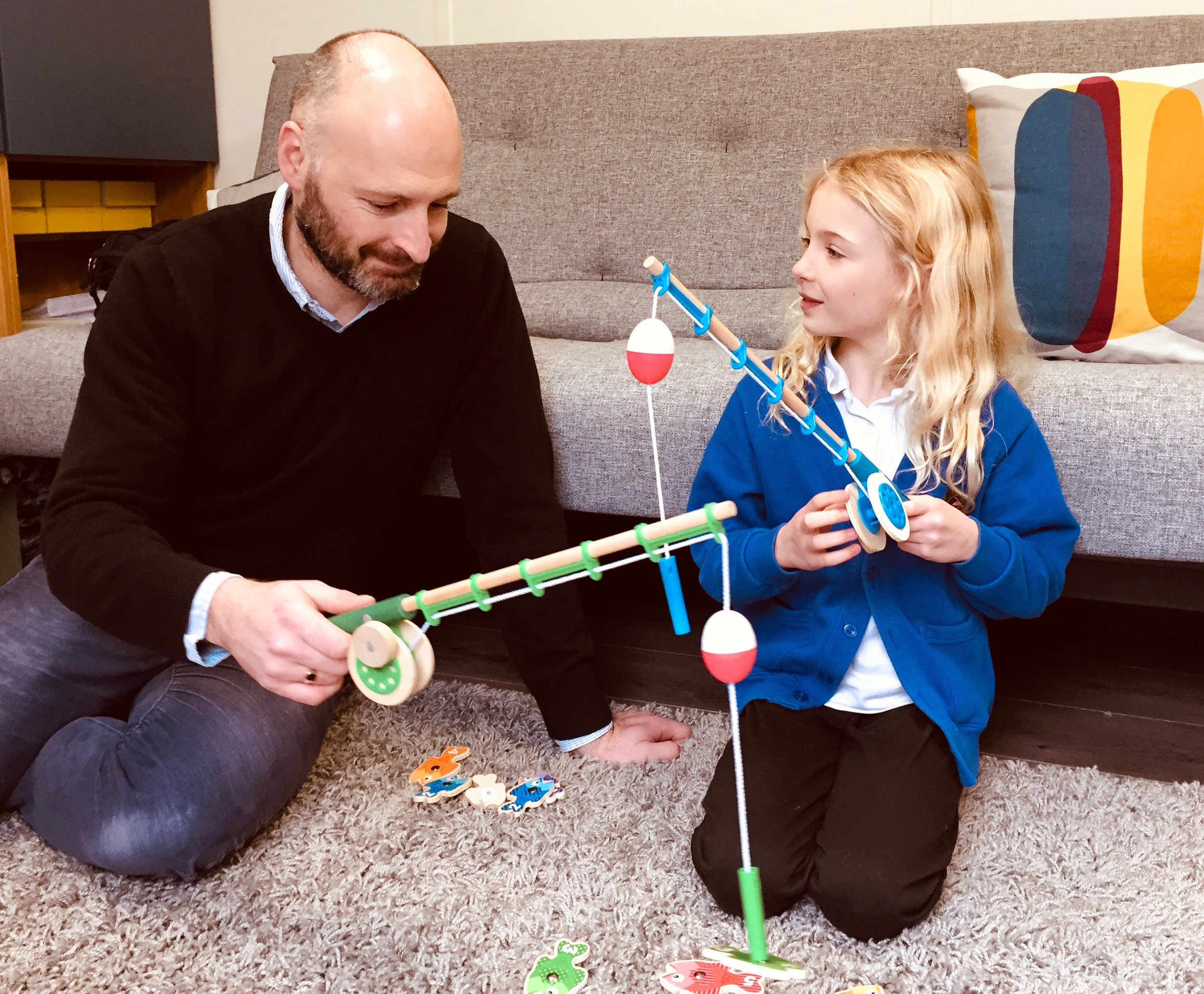Who we help
All ACCESS Speech and Language Therapists are professionally-qualified and are experts in working with children with all kinds of communication difficulties.
Here are just some of the more common issues we can help with. Our experience and training go beyond this list, so please do call us on 07952 918 715 to find out how we can support your child.
Attention and Listening Difficulties
Some children find it hard to focus and pay attention to language. They may appear to not be listening, to not understand what they have to do, or may be easily distracted, for example. Therapy can take the form of targeted work with the child. We can also provide support and advice for parents and professionals who work with the child, such as their teacher.
Autism
Autism is a lifelong developmental disability that affects how a person communicates with, and relates to, other people. It also affects how they make sense of the world around them. It is a spectrum condition, which means that, while all autistic people share certain characteristics, their condition will affect them in different ways. We provide personalised speech and language therapy, working with the autistic person, as well as with parents and teachers.
Dyslexia
Dyslexia is usually characterised by difficulty reading, despite a normal intelligence. The Equality Act 2010 identifies it as a disability that affects different people to different degrees. According to the British Dyslexia Association, 10% of the population are dyslexic, 4% severely so. We can provide personalised speech and language therapy, working with the child, as well as with their parents and teachers.
Language Delay
The term 'language delay' is used when a child's language develops in the expected order, but at a slower rate than usual. It is one of the most common forms of communication difficulty in children. Our Speech and Language Therapists use specialist assessment tools to gauge a child's language attainment. Using these formal scores, alongside their own expert knowledge, they then provide personalised therapy to enable the child to make progress.
Developmental Language Disorder
What is Developmental Language Disorder? Developmental Language Disorder (DLD) means that a child has significant, on-going difficulties understanding and/or using spoken language, in all the languages used. DLD was previously known as Specific Language Impairment (SLI). In very young children, it is almost impossible to differentiate between language delay and disorder. So you may hear the term 'language impairment' used by some professionals.
An ACCESS Speech and Language Therapist will work directly with the child to improve language ability. Our therapists always include parents, carers and teachers in therapy, to make sure the improvements made during intervention sessions are carried across into the home and other social and educational settings.
Speech Sound Delay/Disorder
Delayed or unusual speech sound error patterns will often make a child difficult to understand. An ACCESS Speech and Language Therapist will devise and deliver a structured intervention programme, alongside a home practice programme. In other words: 1:1 therapy with the child and practice activities for the parents or carers to do with them too.
Word Finding Difficulties
Some children have difficulty finding the words to make sentences. They may appear to ‘stammer’ or ‘go around the houses’ without using specific vocabulary. They may frequently use non-specific words, such as ‘thing’, ‘something’, ‘stuff’ etc. Speech and Language Therapy can help by teaching strategies to help retrieve words and to learn new words effectively.



